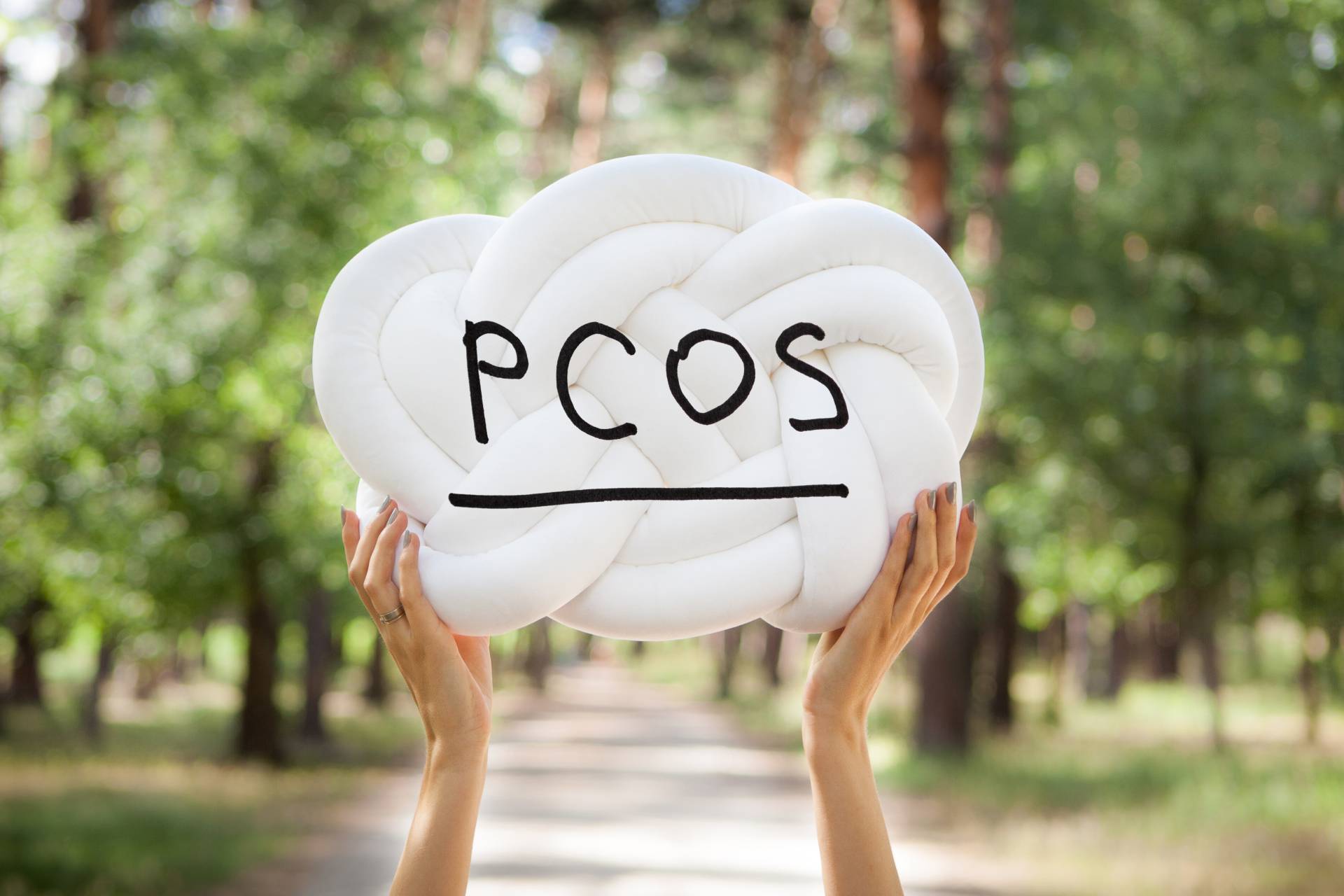
Approximately 5 – 10 % of women of reproductive age are affected by polycystic ovarian syndrome (PCOS). The syndrome is, in fact, a hormonal disorder with a variety of symptoms including excess facial hair, acne, irregular cycles, and ovarian cysts.
How does PCOS interfere with fertility?
PCOS is one of the most common reasons for female fertility issues. The hormonal changes seen in PCOS alter ovarian function. This leads to problems with oocyte maturation and ovulation. As a consequence of this, patients often have multiple ovarian cysts and experience irregular and even missing cycles.
PCOS: Therapeutic options
Weight loss: If you are overweight, the first step is losing weight. Even a weight loss of only 5% can bring significant improvements in hormonal balance. For a bodyweight of 80 kg, this corresponds to only 4 kg of weight loss. The reward: beautiful skin, less hair growth, more regular cycles. Learn more…
Metformin: The majority of patients with PCOS also suffer from insulin resistance, exacerbating the hormonal turmoil. Insulin resistance can be treated with metformin, an active ingredient normally used in patients with type 2 diabetes. Metformin optimizes insulin action. This has a favorable effect on PCOS. Once insulin resistance decreases, the production of male hormones is stimulated less. In addition to this, lipid metabolism changes as well. However, the drug metformin is not yet approved for the treatment of PCOS and many women do not tolerate it very well.
Nutrition: Due to the close connection between metabolism and the hormone system, a lifestyle change in combination with nutritional measures is a gentle and often very helpful approach. Learn more…
Supportive micronutrient therapy: A wide range of micronutrients have been used in studies to examine their benefits for PCOS patients. According to research, targeted supplementation can gently contribute from within to more metabolic and hormonal balance in PCOS. Based on current research, the triple action formula of Fertilovit® F PCOS has been designed to supply women with PCOS who are planning for pregnancy with all the vitamins, minerals, and other nutrients that have been found to be important in this special situation.
Fertility treatment: Very often, the artificial induction of ovulation by a specialist, e.g. with clomiphene, is necessary. Sometimes surgical measures can help. In the so-called Laparoscopic Ovarian Drilling, mechanic destruction of theca cells can break the hormonal vicious cycle and regulate hormone production. Also, hormonal treatment with FSH is a treatment option.
PCOS and Pregnancy
During pregnancy, PCOS-patients face an increased risk to develop gestational diabetes. Regular screening is advisable to check for this and offer treatment quickly.
Is PCOS curable?
Unfortunately not. However, most patients benefit from medical therapy and lifestyle changes. Sometimes, there is an improvement after pregnancy and menopause.
